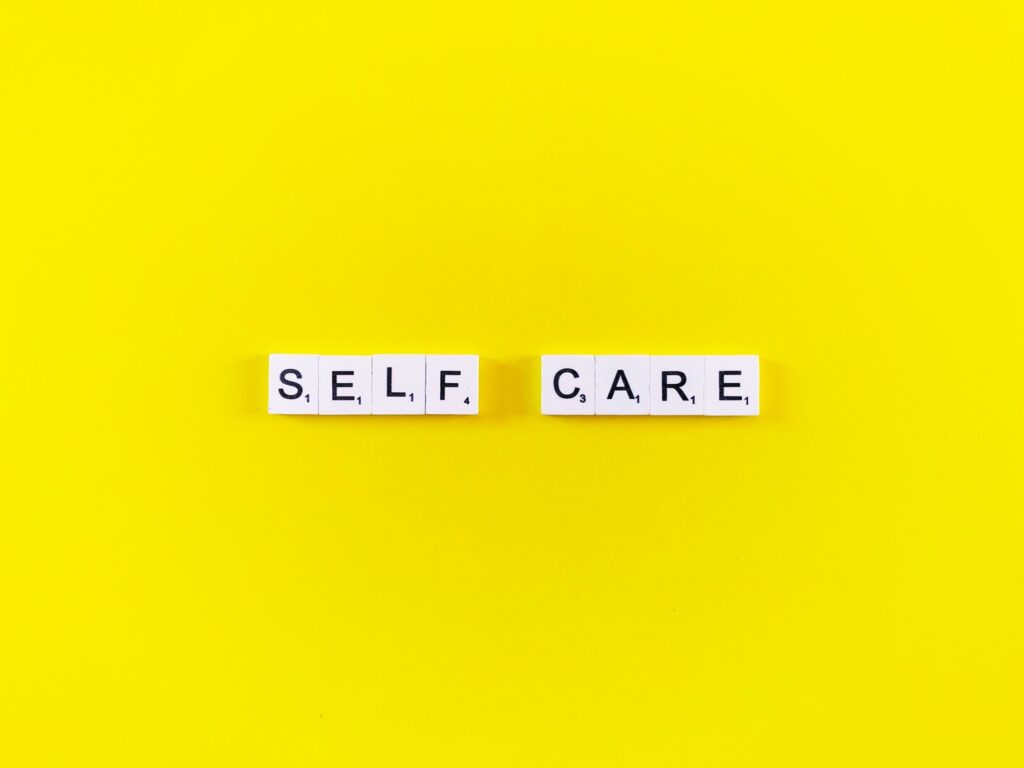Self-esteem mirrors your opinion of yourself – how you perceive your abilities, shortcomings, and your own worth. In simple words, it reflects how much you appreciate and like being yourself. There is a reason why Self-esteem, Self-respect, Self-love start with the word ‘Self’, and this is because you cannot find them in someone else. The essence of self-esteem lies in- Feeling lovable and feeling capable. Self-esteem is the key contributor to success, i.e., Belief you can do it, belief you deserve it and belief you will get it.
Self-esteem develops when one can interpret the world in their own terms and decline to abide by the judgement of other people. When one has healthy self-esteem, they feel good about themselves, are motivated to achieve more, and feel a sense of satisfaction. They focus on the progress and enhancement of their skill set and are less vulnerable to anxiety. Possessing little self-regard can result in one feeling depressed, unwilling to work on ideas, and constantly worrying about not being good enough. They focus on being cautious about making mistakes and live in a state of fear.
However, you must have heard this common phrase- ‘Excess of everything is bad’. While low self-esteem can force people to make the wrong choices or decisions, fall into traps, and enter disturbing relationships. An excessive sense of Self-worth will also make you subdue others and can be destructive for your relationships. So it is important to strike a balance between the two and it is the biggest achievement to be yourself in a world full of people who constantly try to make you behave or act differently than what you are.
Signs of Healthy Self Esteem Vs Low Self Esteem:
| Healthy Self Esteem | Low Self Esteem |
| Confidence | Self-doubt or weakness |
| Expression of thoughts/ needs | Difficult to express thoughts/ needs |
| Positive outlook of life | Negative outlook of life |
| Say No when the need be | Have trouble in saying No |
| Focus on gearing towards success | Focus on fear of failure |
| Easily makes friends | Difficulty in making friends |
| Feelings like Joy, Happiness, Worthy of Love | Feelings like Shame, Anxiety, Unwanted |
Self-esteem can be – Global or Situational. Global self-esteem is a constant belief about who you are. Another is the situational self-esteem which fluctuates basis circumstances, events, and roles. It can be high when you are promoted at work or can be low if you are going through a break-up.

Causes of Low Self-Esteem:
- Unsupportive Parents/ Friends
- Stressful circumstances like divorce/ break up
- Constant Bullying
- Lack of motivation
- Mood disorder or medical issues
While everyone at some point in their life lacks confidence, but people with low self-esteem do not realize their worth and are pulled down as they feel unhappy and unsatisfied the majority of the time. When you value yourself and have high self-esteem, you feel stable and worthy. It takes time to cultivate healthy self-esteem and following are the tips to work on the same:
- Eradicate Self Criticism- Be Kind to yourself. Make an effort to quieten the voice of doubt created inside you. Focus on replacing criticism with care and concern.
- Stop Comparing- Focus on being the best version of yourself. Don’t compare yourself with others and stop striving to become like them.
- Accept yourself– Nobody is perfect. Everyone makes mistakes. So, accept what is not perfect for you. Focus on what you can change for the better. Let yourself feel good about that because beauty begins when you decide to be yourself.
- Don’t judge yourself basis other’s opinion- The one who knows their worth does not get disturbed by what you think about them. So, do not degrade your value basis someone’s inability to understand your worth. Don’t let anyone dimmer your shine.
- Exercise- Set goals for work out and achieve them. This motivates and helps in improving confidence.
- Recognize your strengths– Find out your competencies and work to strengthen them. E.g., If you are good at organizing, help your friend in planning and organizing an event. What holds you back is not what you are, but what you think you are not.
- Surround yourself with a positive support group– Having a safety net of loved ones to fall back on, from time to time helps in strengthening your belief about yourself.
Understand that it is unlikely to achieve high self-esteem overnight, but small steps matter as the journey of a thousand miles begins with a small step. You will find improvements over a period. So, do not rush and try to be normal, which others think, for you will never know how astonishing you can be. Lastly, remember that ‘No one can make you feel inferior without your consent. So, don’t bend your head, rather hold it high and tell them that you are Worthy of Love’.






